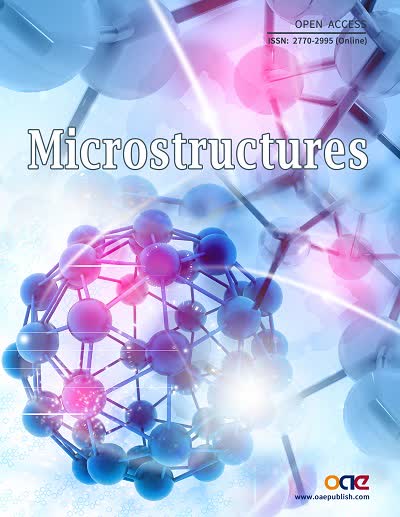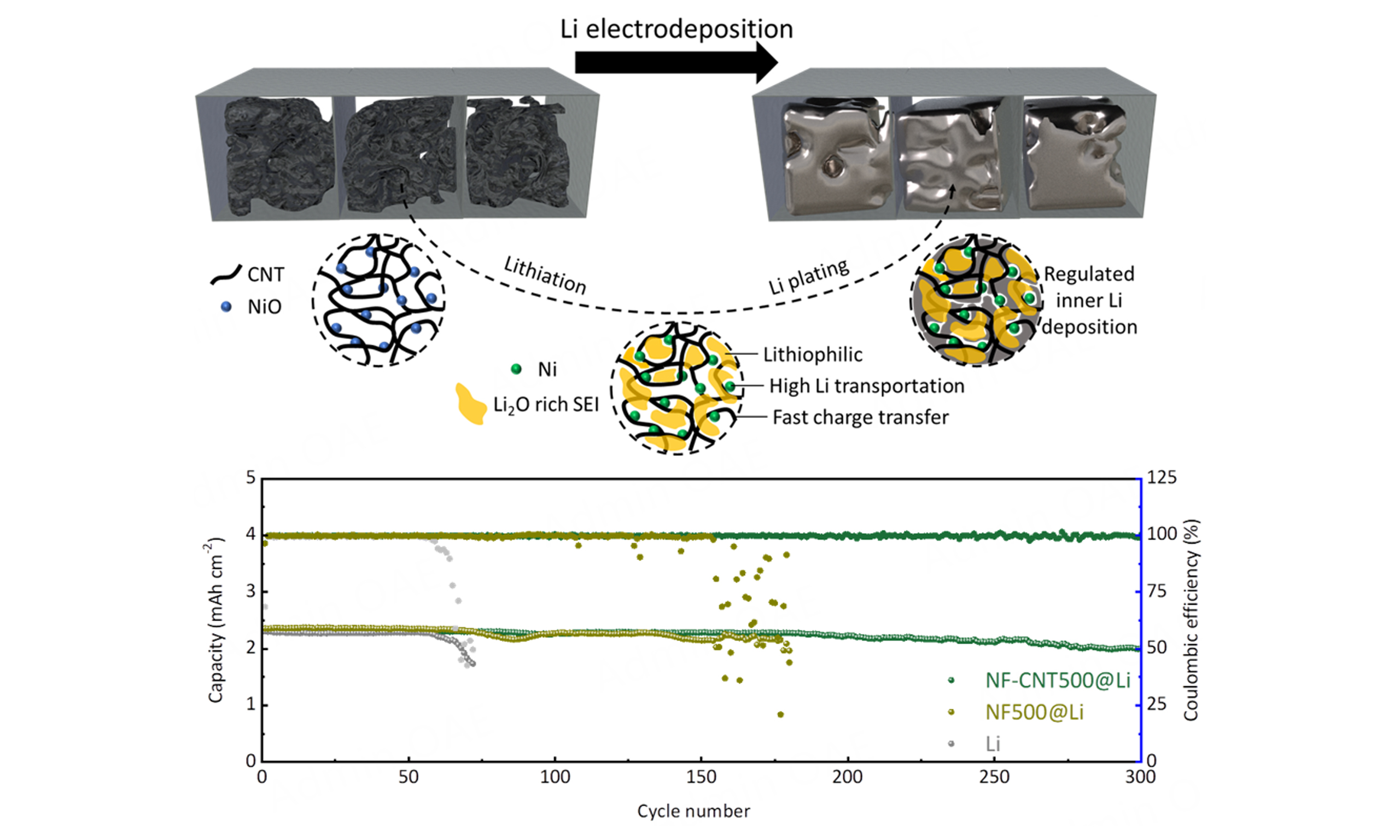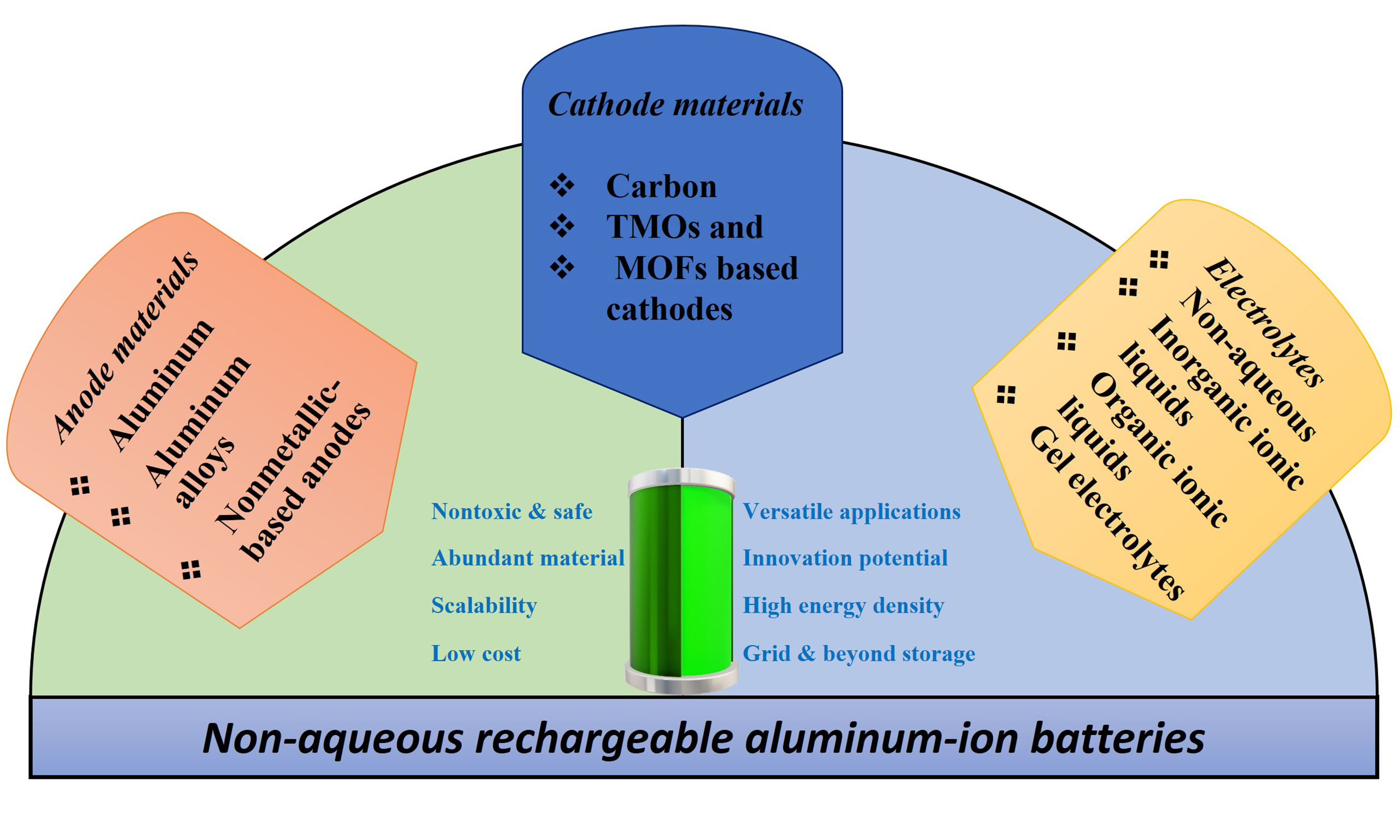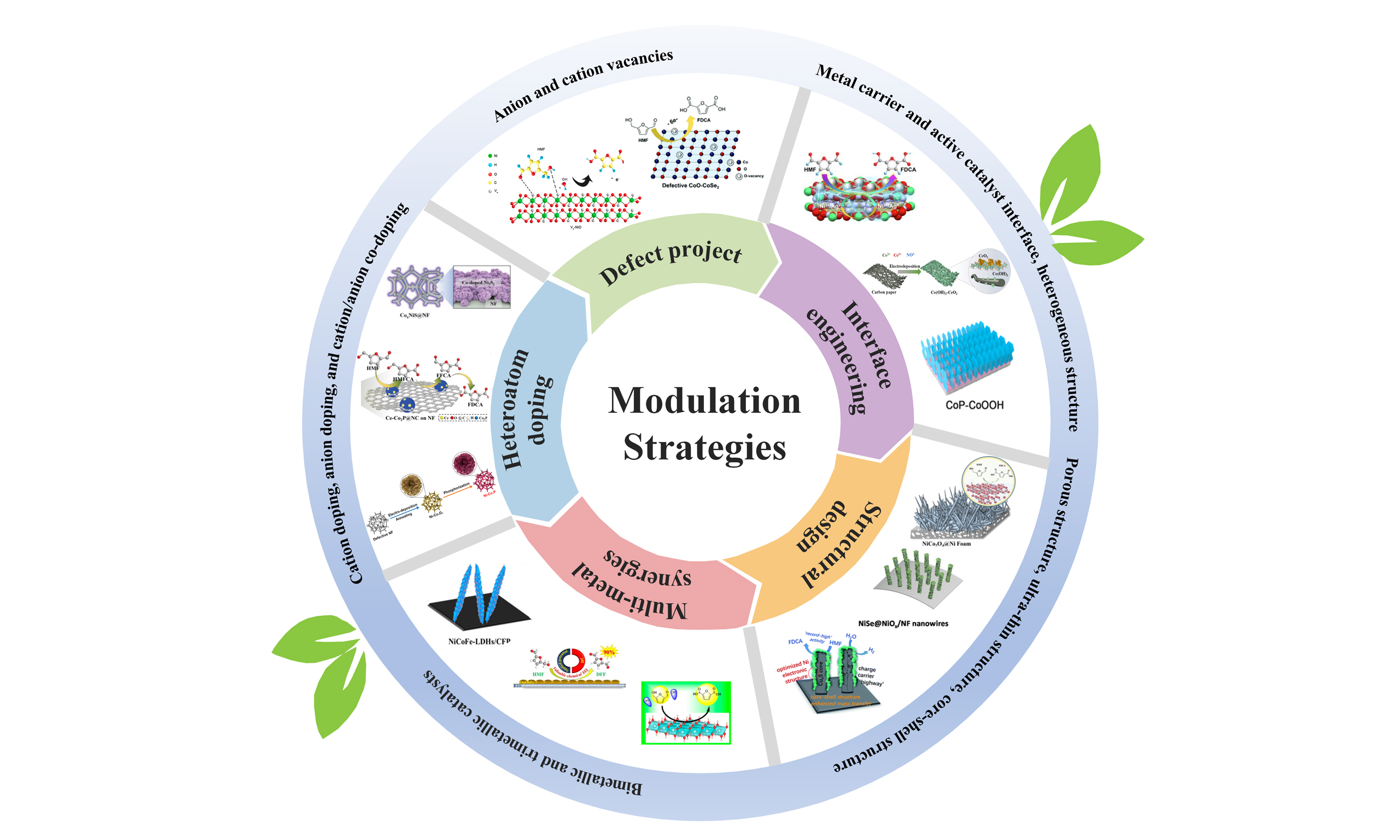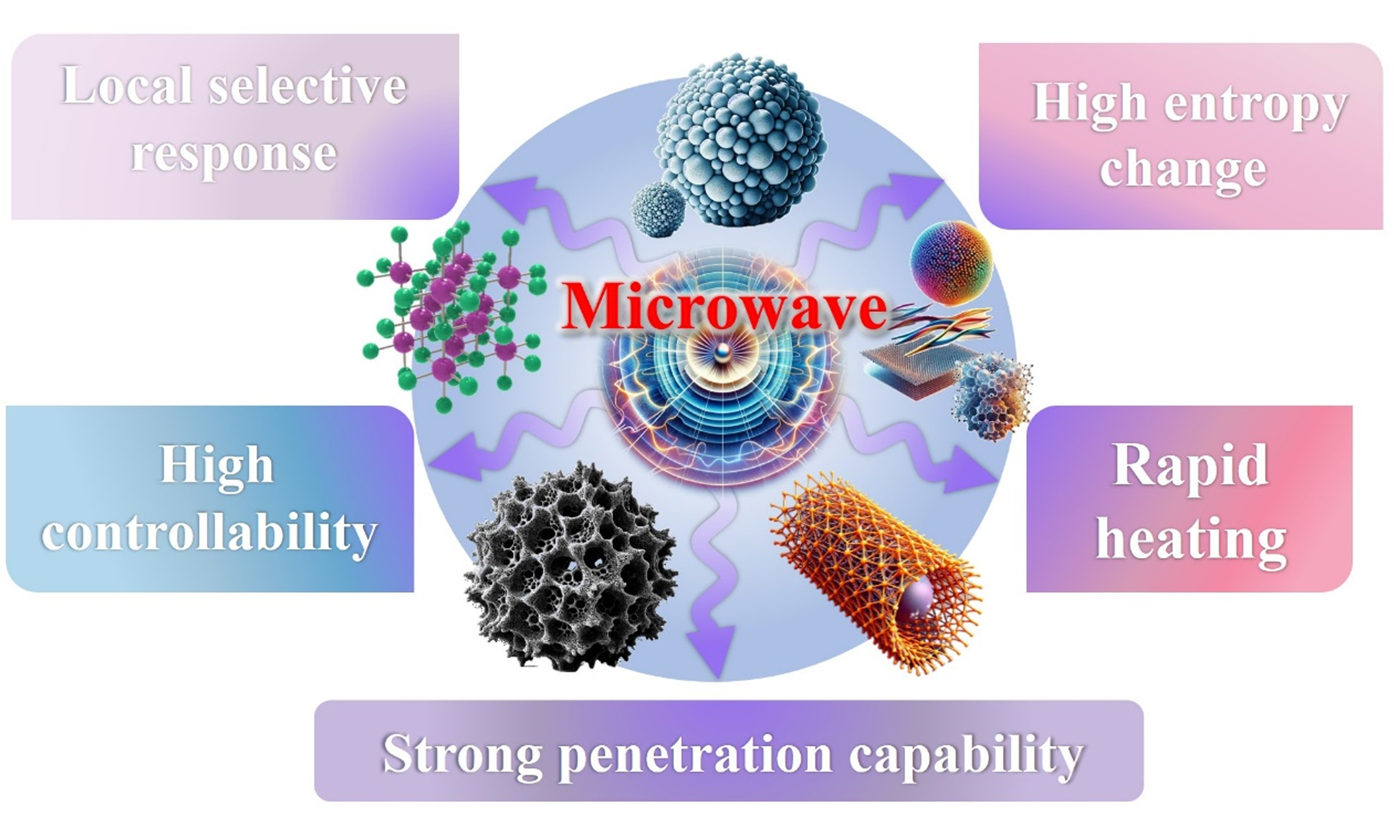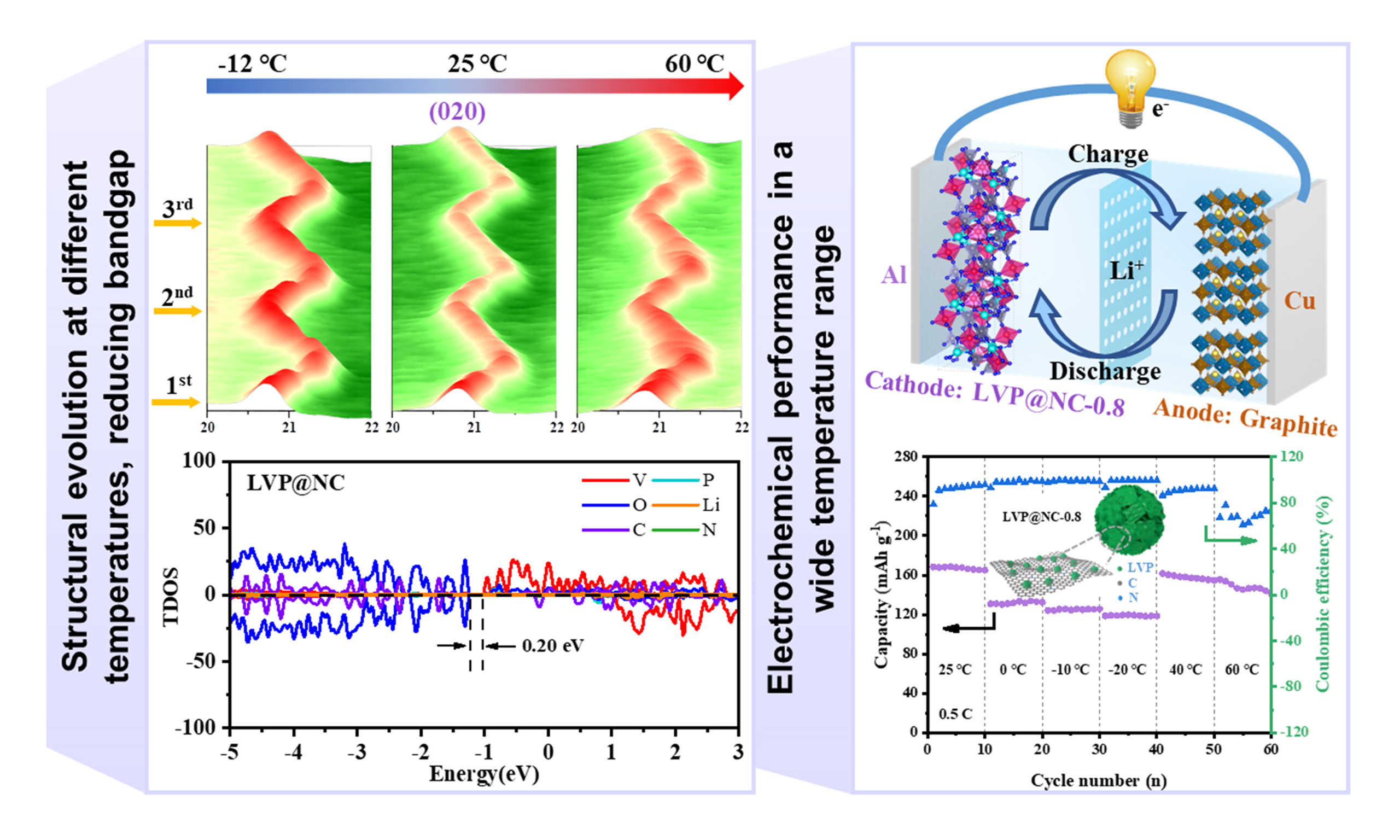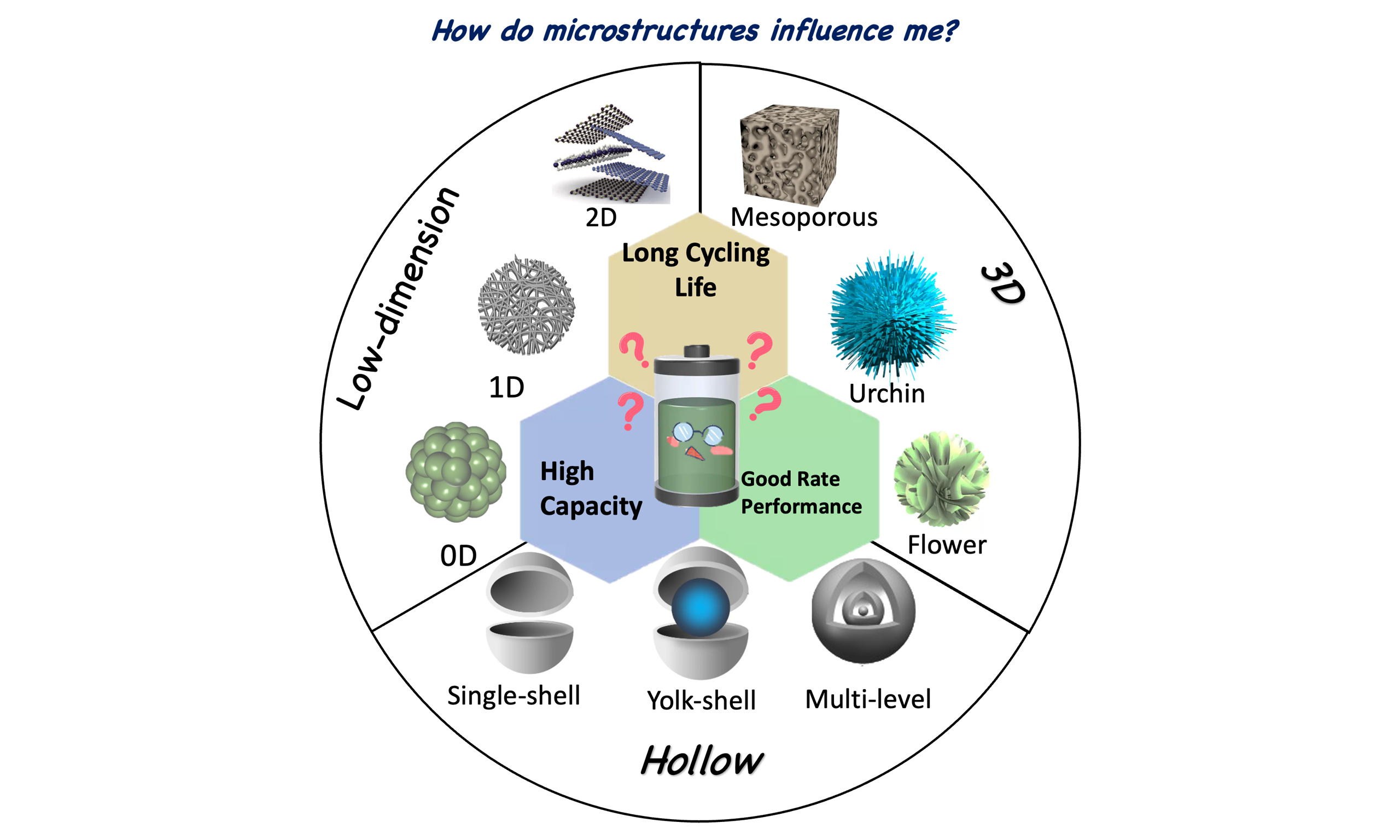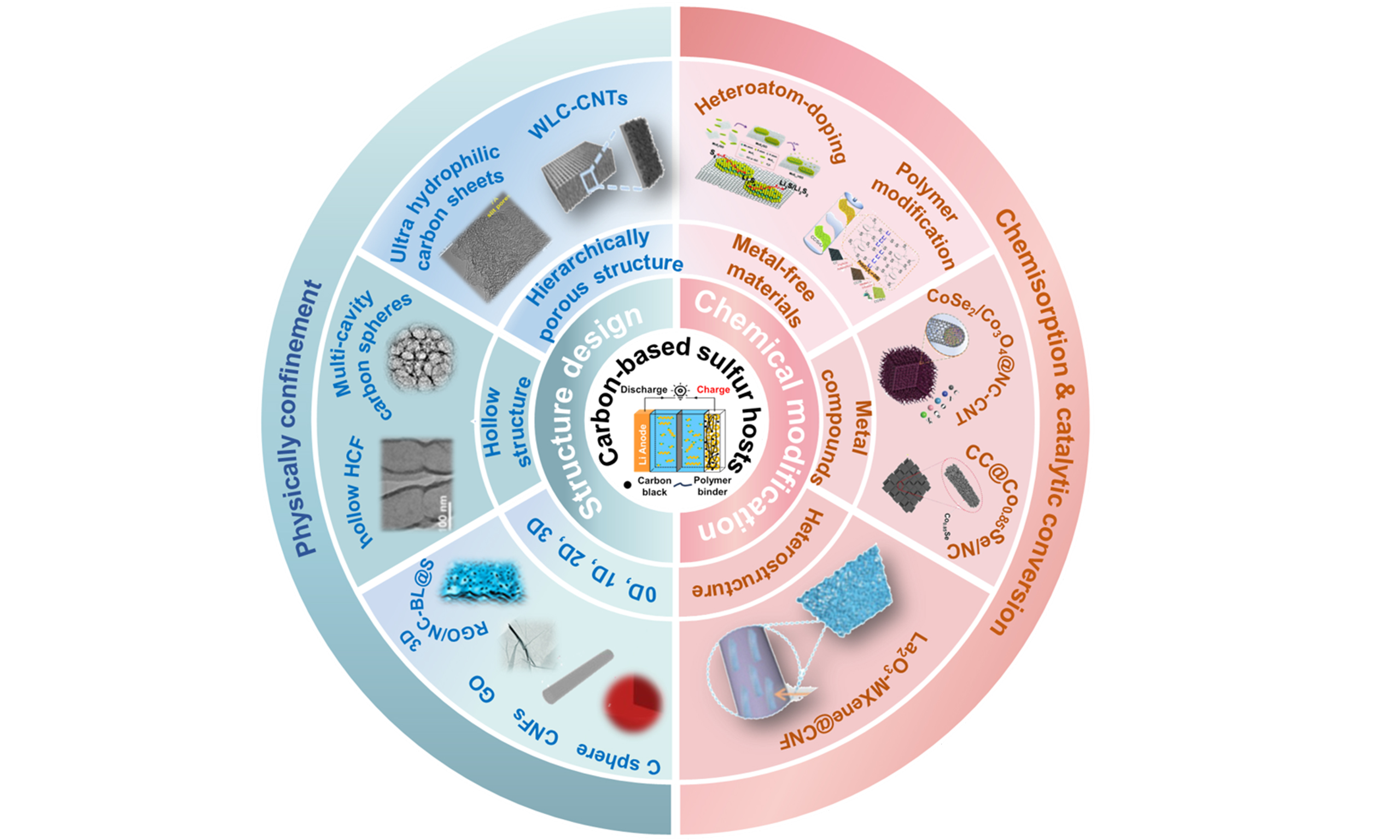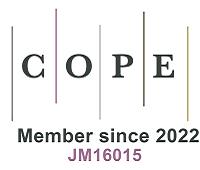
Topic: Materials Microstructure Design and Engineering for Advanced Electrochemical Energy Storage
Guest Editor(s)
School of Chemical Engineering and Advanced Materials, The University of Adelaide, Adelaide, Australia.
School of Chemical Engineering and Advanced Materials, The University of Adelaide, Adelaide, Australia.
Laboratory of Advanced Materials, Shanghai Key Laboratory of Molecular Catalysis and Innovative Materials, School of Chemistry and Materials, Fudan University, Shanghai, China.
Special Issue Introduction
Besides LIBs, the development of other battery systems based on low-cost and abundant materials is also important for specific applications. For example, viable large-scale energy storage devices must be of appropriate capacity, safe to operate, durable, and utilize low-cost materials and device production methods. In recent years, sodium, potassium, and aqueous zinc ion batteries have attracted strong attention as complementary technology to LIBs and for smart grid applications. However, challenges still remain regarding the electrode materials, electrolytes, electrode-electrolyte interface, and large-scale demonstration.
This Special Issue will focus on new ideas in developing advanced and sustainable battery technology, which includes materials microstructure design and surface modification, new electrolytes, electrode-electrolyte interface, and mechanism exploration via advanced characterization and modeling. Both Original Research and Review articles are welcome in this Special Issue. Areas of interest include but are not limited to:
● Li-ion batteries
● Li metal batteries
● Na-ion batteries
● K-ion batteries
● Multivalent batteries
● Aqueous batteries
● Solid-state batteries
● Battery recycling
Keywords
Submission Deadline
Submission Information
For Author Instructions, please refer to https://www.oaepublish.com/microstructures/author_instructions
For Online Submission, please login at https://oaemesas.com/login?JournalId=microstructures&IssueId=M220824
Submission Deadline: 29 Feb 2024
Contacts: Mengyu Liu, Assistant Editor, assistant_editor@microstructj.com



